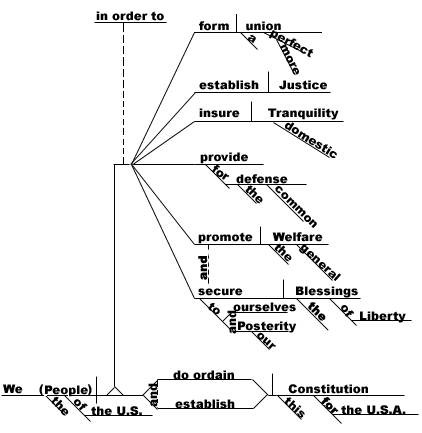Get me some numbers.
Last week I walked though one example of using basic economic tools and a little math to try to figure out how much trash the US would produce in twenty years.
I'd like for you to do something similar, but unique. For example: how much does it cost to recycle a can?
How much does it cost to house a drug dealer in jail?
How long will it take for the Gulf of Mexico to clean itself of oil?
How many trees are planted every year?
I don't want a list of answers to these questions. I want answers to your questions.
If you plan to write a paper instead of taking the final exam, use this as an opportunity to collect and share data you plan to use for that paper.
I don't want perfect calculations, just rough "back-of-the-envelope" type estimations, but interesting ones.
See what you can come up with. I will post interesting results on the blog.
If nothing else, you might have something interesting to talk about over Thanksgiving break...


